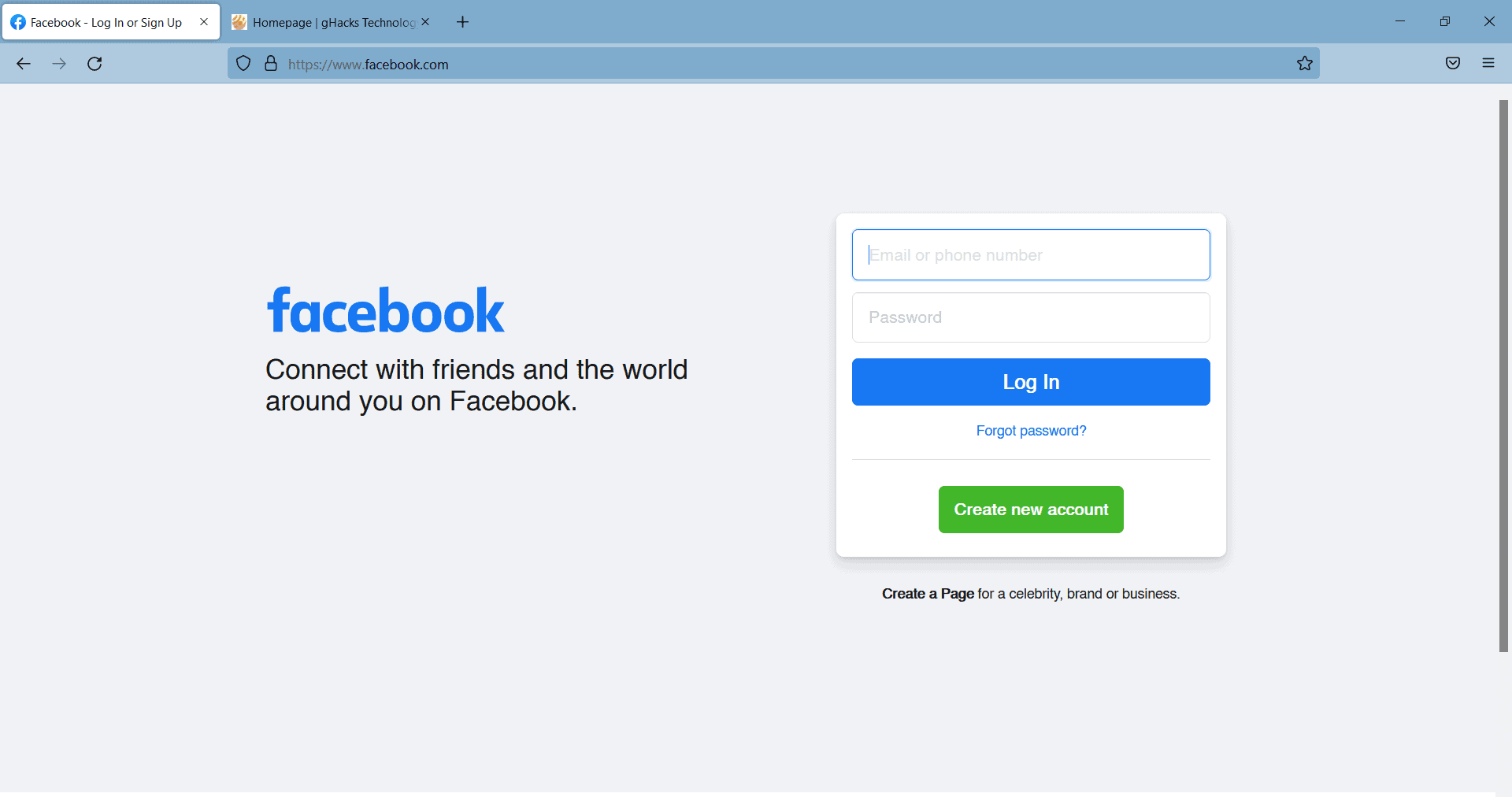Warming up to the Future of Retail: Customer Centric, Technology First
SOURCE: HTTPS://WWW.INDIANRETAILER.COM/
NOV 06, 2023
Mozilla and Meta develop privacy preserving advertising tech IPA
SOURCE: GHACKS.NET
FEB 12, 2022

IPA, which stands for Interoperable Private Attribution, is is a new advertising technology that a team from Mozilla and Meta (ex Facebook) have developed.
IPA is designed to address the needs of advertisers and Internet users alike; this is achieved by combining advertisers with attribution data while preserving the privacy of Internet users at the same time.
The team highlights three main goals in the official proposal: privacy, utility and competition. Privacy's aim is to limit the information that IPA provides about users over time. Utility is designed to provide advertisers and websites with data that is needed to measure conversions, and competition that all utility use cases work for all advertisers.
Our privacy goal is to limit the total amount of information IPA releases about an individual over a given period of time. We want to be able to make strong claims about the amount of information, even in the presence of an adversary that is willing to engage in fingerprinting, navigational-tracking, registering a large number of domains, or other attacks.
Our utility goal is to support all the major aggregate conversion measurement use-cases (view-through, click-through, return-on-ad-spend, conversion-lift, cross-publisher attribution), including in cases where ad impressions and ad conversions happen in different browsers or devices. While beyond the initial scope of this proposal, IPA could also be extended to support other forms of post-attribution aggregation, such as model training and other forms of sophisticated inference, which we explore in the Extensions section 6.2.
Our competition goal is to ensure all the utility use-cases listed above would function for all digital advertising players. Furthermore, we wanted to avoid designs that would create barriers to entry for new players.
Mozilla notes in a blog post on the official website that IPA has "two key privacy-preserving features". The first, Multi-Part Computation, or short MPC, prevents entities, websites, browser makers or advertisers, from learning about user behavior; this is achieved by moving interactions with advertisement on the web and conversions to servers instead of them happening on the user device.
IPA was designed to be an aggregate system. The second privacy-preserving feature ensures that results can never be linked to individual users.
The proposed technology supports cross-device and cross-browser attribution according to the proposal without sacrificing user privacy in the process.
IPA has been proposed to the Private Advertising Technology Community Group, a W3C group that has been formed to improve "advertising without compromising on privacy".
Closing Words
IPA is a proposal for now and it is uncertain if anything will come out of it. It is clear to anyone that advertising needs to reinvent itself on the Internet, just how that is going to be achieved is not clear yet. Google announced the dropping of the controversial FLoC advertising technology recently to replace it with Topics, which is controversially discussed as well.
Martin Brinkmann is a journalist from Germany who founded Ghacks Technology News Back in 2005. He is passionate about all things tech and knows the Internet and computers like the back of his hand. You can follow Martin on Facebook or Twitter
LATEST NEWS
WHAT'S TRENDING


Data Science
5 Imaginative Data Science Projects That Can Make Your Portfolio Stand Out
OCT 05, 2022

SOURCE: HTTPS://WWW.INDIANRETAILER.COM/
NOV 06, 2023
SOURCE: HTTPS://DIGIDAY.COM/
SEP 22, 2023
SOURCE: HTTPS://WWW.EXCHANGE4MEDIA.COM/
AUG 21, 2023
SOURCE: HTTPS://WWW.SCIENCEDAILY.COM/
AUG 14, 2023
SOURCE: HTTPS://WWW.EY.COM/EN_IN/FUTURE-CONSUMER-INDEX/CONSUMER-IS-THE-KING-CONSUMER-EXPERIENCE-IS-THE-PRIORITY
JUN 30, 2023
SOURCE: HTTPS://WWW.PITCHONNET.COM/MARKETING-MOMENTS/HOW-CREATIVE-TECH-IS-SCRIPTING-A-NEW-FUTURE-IN-INDIAN-ADVERTISING-32957.HTML
JUN 27, 2023
SOURCE: HTTPS://WWW.BUSINESSINSIDER.IN/BI-INTELLIGENCE/NEWS/CHATGPT-AND-GENERATIVE-AI-IN-MEDIA-AND-ADVERTISING-WITH-USE-CASES-SET-THE-BATTLE-FOR-HEARTS-AND-MINDS-BEGINS/ARTICLESHOW/100286369.CMS
JUN 26, 2023
SOURCE: ARIN WAICHULIS II HTTPS://9TO5MAC.COM/2023/01/22/APPLES-ICONIC-1984-SUPER-BOWL-AD-AIRED-ON-THIS-DAY-39-YEARS-AGO/
JAN 22, 2023